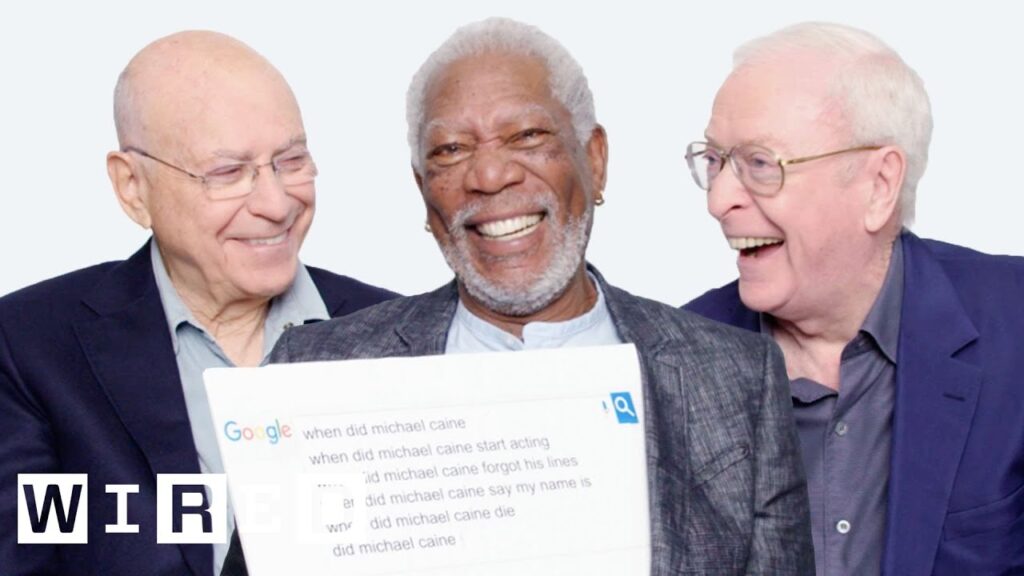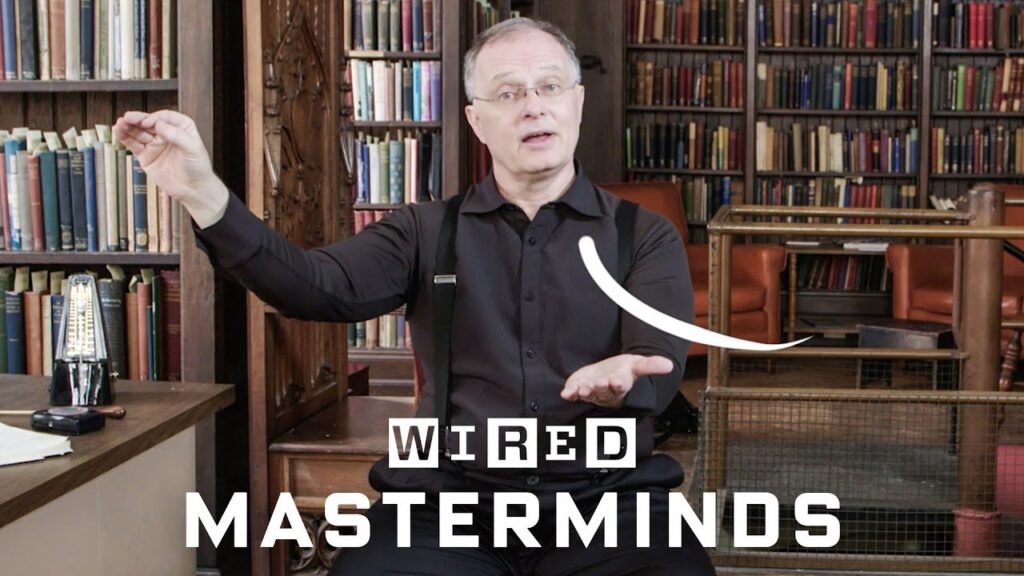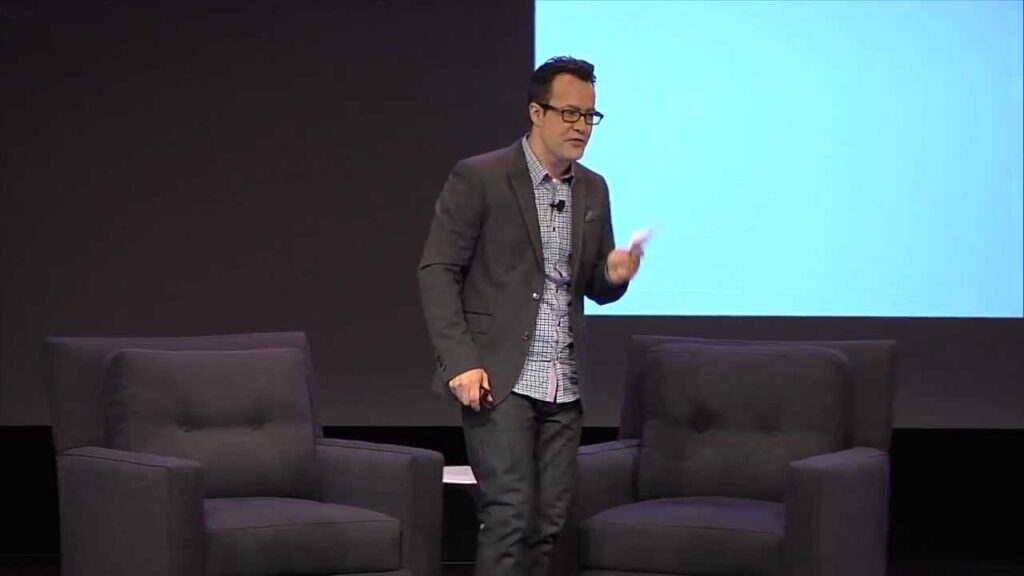The Complexities of Memory: Insights from a Neuroscientist
Summary
Neuroscientist Daphna Shoham discusses the different levels of complexity associated with memory. Memory is a way in which we store records of past events in our brain, but it is not always accurate or complete. Our memories are shaped by our brain’s interpretation, and as a result, we are not able to remember everything. In this transcript, the interviewee discusses the hippocampus and amygdala’s importance in memory creation and emotional processing. Memory is an important tool that helps us learn from past experiences to make decisions in the future. The discussion continues to focus on the imperfections of human memory and how memory is not just an accurate representation of the past, but also a flexible compass into the future. The interviewee talks about her own dissertation on how people perceive and make judgments about social stimuli and how memory plays a significant role in it. Finally, they touch on the concept of statistical learning and its impact on memory and discuss the role of memory in decision-making.
Table of Contents
- The Historical Discovery of Different Types of Memory
- The Hippocampus and the Importance of Episodic and Semantic Memory
- Imperfections of Human Memory
- Memory and Decision-Making
- Conclusion
Introduction
Memory is an essential part of human experience. We rely on memory to recall past experiences and use them to make decisions in our present and future lives. However, memory is not perfect, and there is still much to learn about how it functions. In this transcript, we will explore the complexities of memory with neuroscientist Daphna Shoham. We will discuss the different levels of memory complexity, the importance of the hippocampus and amygdala in memory, and the role of memory in decision-making.
Q&A
The Historical Discovery of Different Types of Memory
Q: Could you provide some insights into the different types of memory and their historical discovery?
A: Historically, we believed that memory was a single process, but later research began to show that there were different types of memory. Research demonstrated that memory could be split into sensory memory, short-term memory, and long-term memory. Long-term memory was later divided into explicit or declarative memory, which includes episodic and semantic memory, and implicit or procedural memory. The discovery of these different memory types and how they interact with each other had significant implications for the study of human memory.
The Hippocampus and the Importance of Episodic and Semantic Memory
Q: Could you explain the importance of the hippocampus in memory, particularly in regards to episodic and semantic memory?
A: The hippocampus is a region that is important for memory formation and retrieval. Research has shown that the hippocampus is critical for both episodic and semantic memory. Episodic memory is the memory of events and experiences that are contextually specific and often personal, like your first day at school. Semantic memory, on the other hand, is general knowledge, like the capital of a country, and is not tied to an experience. The hippocampus is involved in linking various details of episodic memories and integrating that information into a complete event. In addition, the hippocampus is involved in the formation of new semantic memories, which is why people with hippocampal damage have a hard time retaining such information.
Imperfections of Human Memory
Q: Could you discuss the imperfections of human memory?
A: Memory isn’t perfect. What we can remember and what we forget is subjective and can be influenced by our emotions as well as environmental factors. Memory is subjective, and our brains tend to fill in gaps in our recollection with plausible details. This means that our memory is not always an accurate representation of past events. Over time, our memories can change or even be altered from outside sources like conversations, movies, and stories. For example, eyewitness testimony can be influenced by different factors such as leading questions, the length of time between the event and recall, and the individual’s own biases or memory gaps.
Memory and Decision-Making
Q: What is the role of memory in decision making?
A: Memory is crucial to decision-making. Our memories shape our opinions, attitudes, and beliefs. We use our memory to work out what’s good and bad from past experiences to make decisions in the future. Memory helps us decide how to react to future events based on similar memories from the past. If we have a negative experience with something, we’re less likely to make that same mistake again because of our memory of the past experience. In the same way, positive experiences can reinforce our future behavior.
Conclusion
In conclusion, memory is a critical process that is still not entirely understood. Through the discussion with Daphna Shoham, we have learned about the different levels of complexity associated with memory, the importance of the hippocampus in memory creation and retrieval, and the imperfections of human memory. The insights provided have also given us an understanding of the role of memory in decision-making. The study of memory and understanding how memories are stored, retrieved, and interpreted will continue to be an exciting area of research, providing valuable insights into human behavior.







